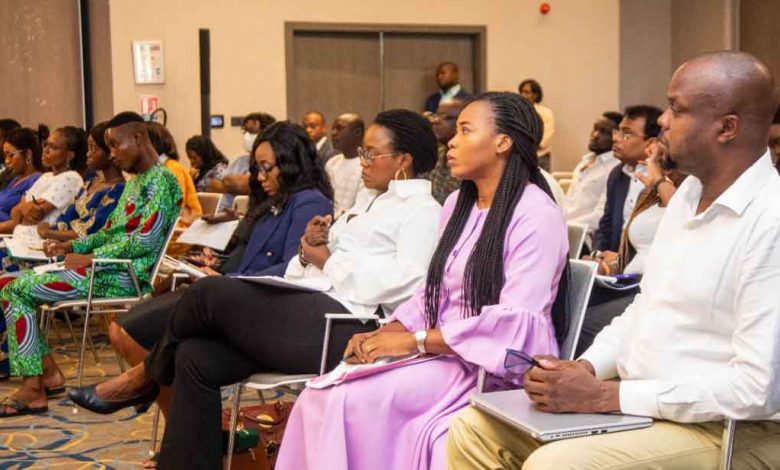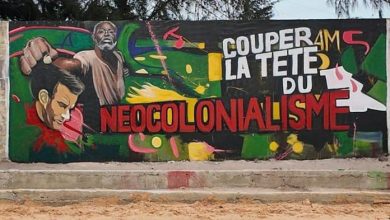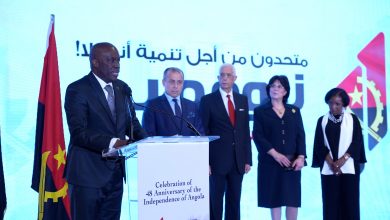Benin: African Development Bank, government and stakeholders explore strategies to boost the textile sector | African Development Bank

Diplomat.Today
The African Development Bank
2023-03-09 00:00:00
——————————————-
The African Development Bank Group country office in Benin held a workshop on the challenges facing the textile industry in the country and how to build stakeholder capacity to develop value chains.
The workshop attracted fabric manufacturers, dyers, stylists, designers, embroiderers, seamstresses, consumers, support and value chain professionals, representatives of textile associations and government representatives. The aim was to understand the needs and expectations of the textile production ecosystem and to include local actors in value chains for mass production of textiles.
“This workshop fits perfectly into the dynamics of structural reinforcement of the textile industry in Benin and the logic of consuming locally made products,” said Dario G. Ebo Sacramento, deputy director of the cabinet of the Department of Industry and Commerce at the workshop. “This is a sector that offers many opportunities at all stages of the value chain. The project for the industrialization of small-scale clothing in Benin, proposed by the African Development Bank, is part of the innovation movement with high added value for the Beninese consumer, which the government is trying to promote within the Beninese industry,” he added.
The country manager of the African Development Bank Group in Benin, Robert Masumbuko, said: “the workshop is a step towards helping Beninese SMEs to structure themselves and join forces to support the dynamics set up by the Beninese authorities in favor of the development of the textile industry, through local mass production.”
Robert Masumbuko, Country Manager of the African Development Bank Benin, explained that the workshop was aimed at helping Beninese small and medium-sized textile enterprises to improve their structure.
Private sector development is one of the Bank’s priority areas in Benin for the period 2022-2026. The aim is to support the transformation of agriculture and industrial development in the country.
“It is in the interest of all stakeholders in the Beninese garment industry that the textile sector is governed by international norms and standards so that production is attractive and meets the needs of local consumers and the increasingly pressing demand that does not only come from outside. the country, but also from outside the continent,” said Nadia Adanlé, founder of Couleur Indigo, an indigo dyeing company that employs a majority of people with disabilities. Adanlé is also a member of Benin’s Chamber of Crafts
According to the government, the country’s textile industry has the potential to become one of the country’s largest employers. The local market is expected to grow considerably in the coming years.
In addition to collecting qualitative data from stakeholders on the needs of private and public actors, the workshop also provided an opportunity to propose an alternative to the importation of lower quality clothing and textiles.
In addition to the mass production of textile products, the initiative is also expected to lead to the implementation of a mutually beneficial production model that is accessible and financially profitable for local consumers while meeting export demand.
——————————————-



